
Last year I wrote posts about listening to the radio, watching TV and having a landline phone in the 2020s (in Dutch). Today, I want to talk about the place left for optical storage in the 2020s.
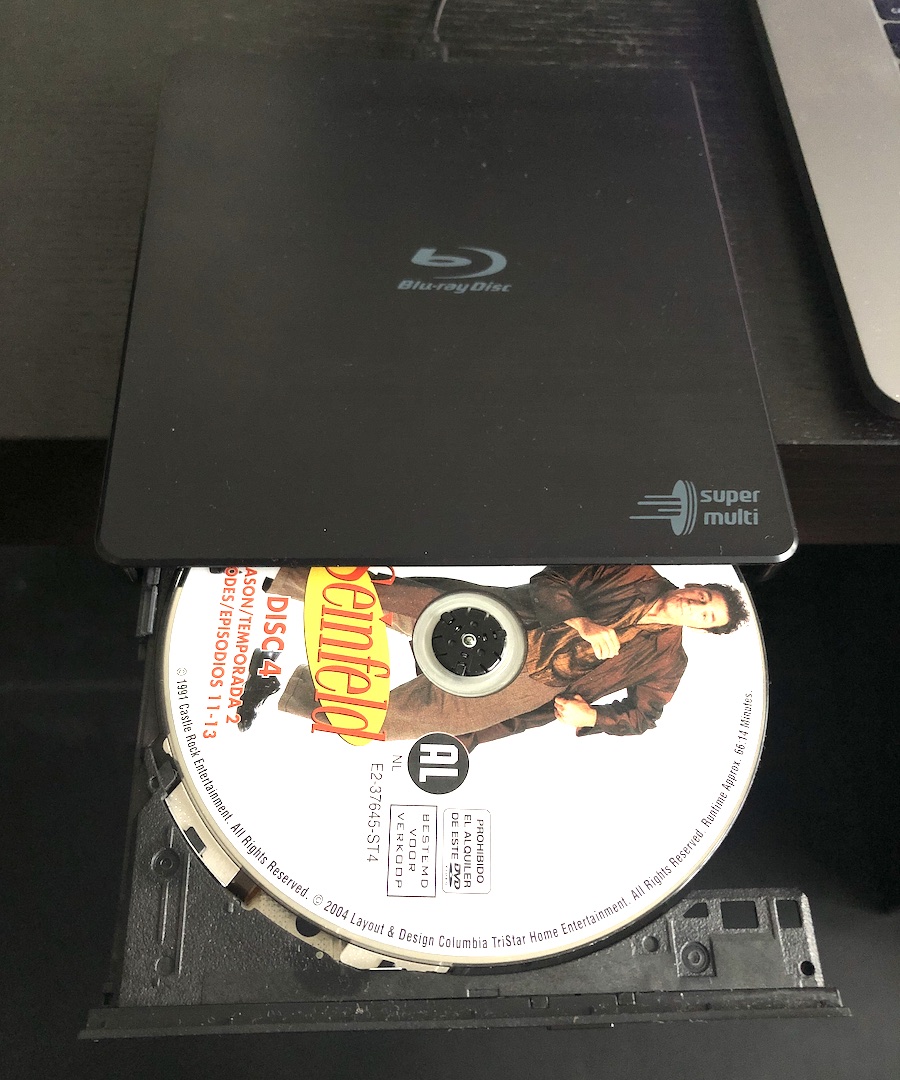
So now I got that new optical drive and can start burning CDs, DVDs, BDs (regular 25 and 50 GB blu-ray discs) and BDXLs (newer 100 and 128 GB BDs). But how long will those last?
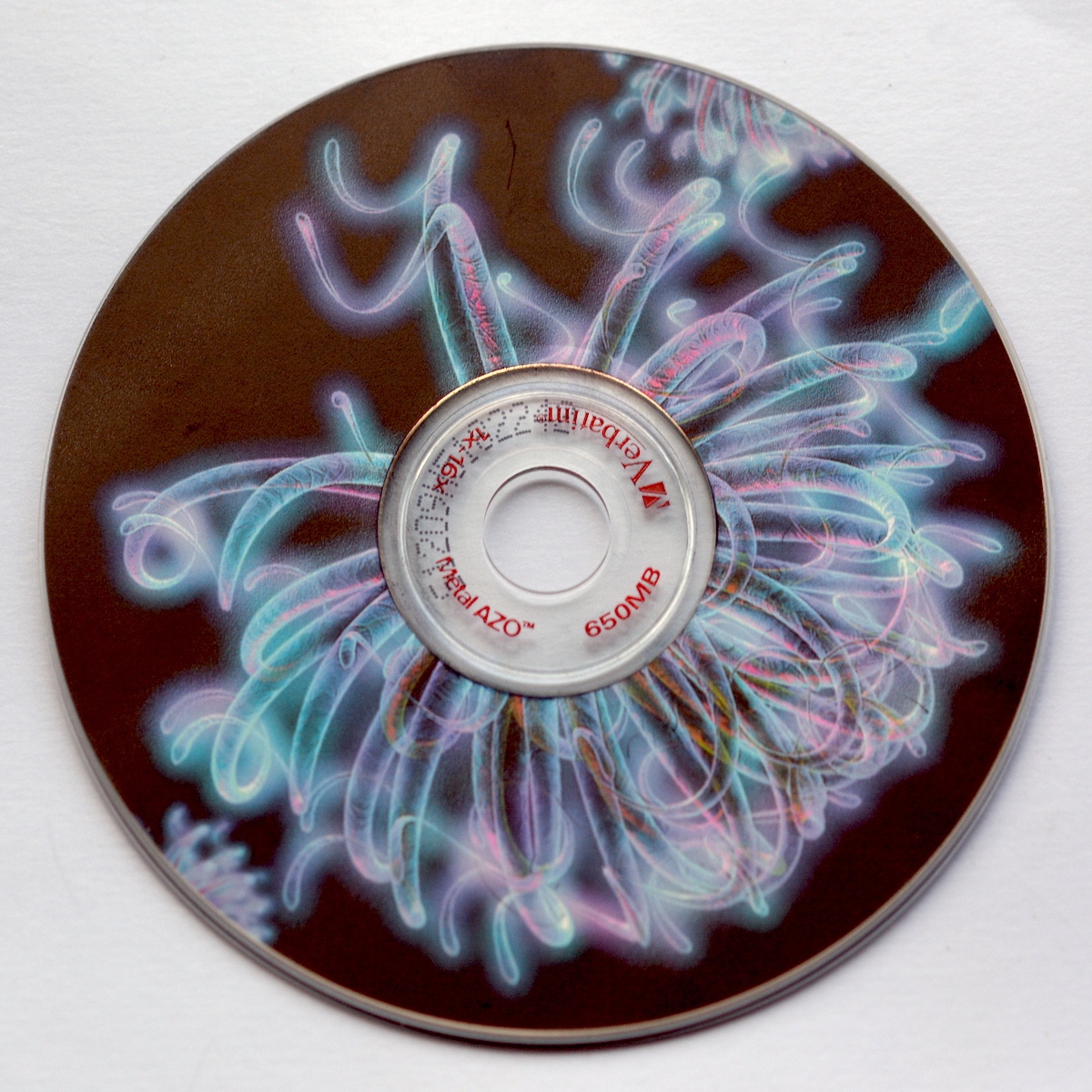
I thought it was time to ramble on about Unicode and UTF-8 a bit, inspired by the need to convert old Amiga text files that have accents in them that won't display properly on my current Macs. Also some food for thought for programmers.
Read the article - posted 2022-01-30

Image link - posted 2022-02-19
Although in the 1980s and 1990s computer were capable of displaying text in many languages, they were limited to one set of characters at a time. So either Western Europe, Eastern Europe, Greek or Cyrillic, but not several of those at the same time. Unicode solved that, and modern computers can (in principle) display all characters found in all languages.
However, when it comes to typing those characters, we're still in 1990, with different keyboard layouts for different languages. Now obviously it would't be workable to make a keyboard that lets you type all Unicode characters. But it should be doable to come up with a system that provides access to all characters and diacritics that are used in latin script languages.
All it takes is one new key. I call it the globe key: 🌐
Read the article - posted 2022-03-06
Fifteen years ago today, Everything you need to know about IPv6 was the first big story I wrote for Ars Technica.
Ah, those innocent days of the past when we still had more than a billion fresh IPv4 addresses to burn through... Back in those days, it was common to hear that IPv6 was unnecessary if we just used NAT.
Read the article - posted 2022-03-08
A few months ago, I ordered the Drop + Matt3O MT3 retro keycap set:
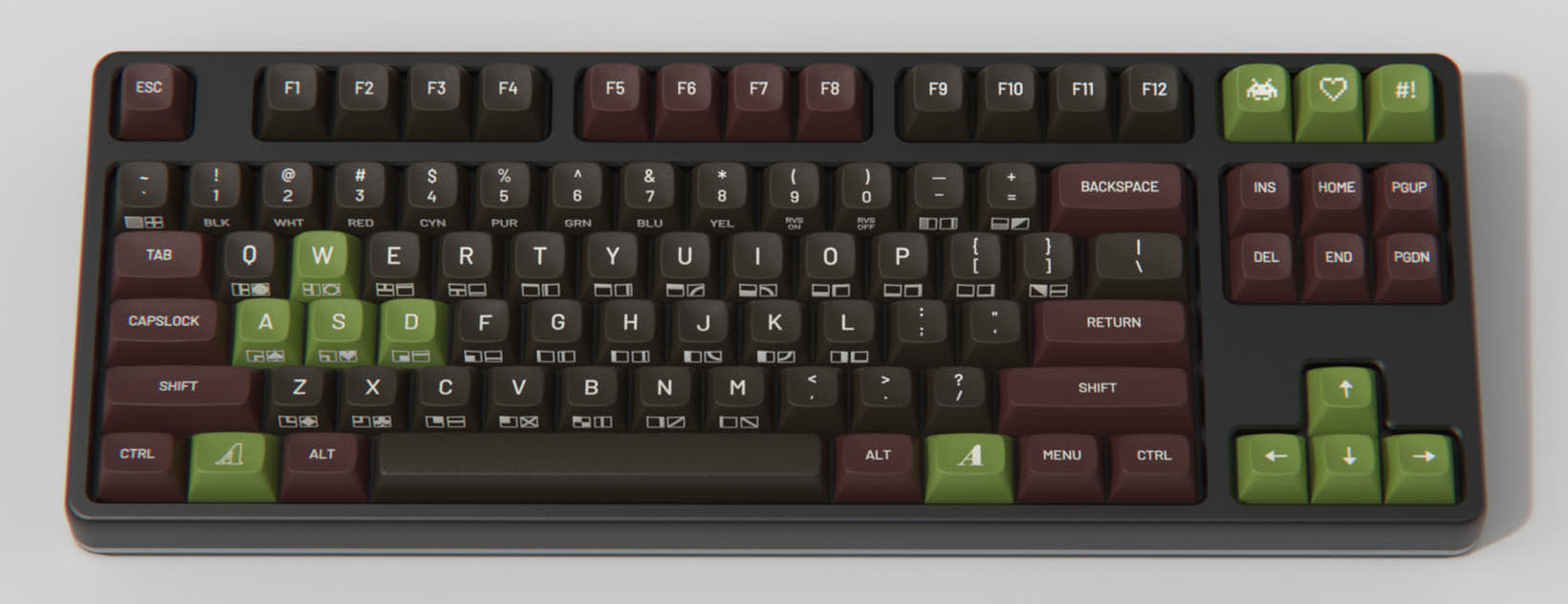
These keycaps have the cool/retro "PETSCII" characters printed on the front. But how do you actually type those PETSCII characters?
Read the article - posted 2022-03-23
I thought it might be interesting to talk a bit about how my PETSCII typer web tool came together.
It all started with the Drop + Matt3O MT3 retro keycap set. I ordered this set because I like the old style key shape that's replicated here. And then as a bonus you get the PETSCII characters we know and love from the Commodore 8 bit computers printed on the front of the keycaps.
Not sure how I ended up there, but I found the Style64 C64 TrueType fonts, which replicate Commodore's take on the ASCII character set, usually referred to as PETSCII because the Commodore PET computer from 1977 introduced it.
So now I can have PETSCII graphical characters on my keyboard and PETSCII on my screen. The one missing thing: pressing a key and having the PETSCII character on that key show up on the screen. That's what the PETSCII typer does.
Read the article - posted 2022-03-26
On his Youtube channel, Matt Heffernan has a series of 8-bit Battle Royale videos to see which 8-bit computer is fastest. For this, he uses a simple program to calculate the world's lowest resolution mandelbrot set. Still, the Commodore 64 and ZX Spectrum take minutes to do this in BASIC. It's much faster in assembly.
Watching the videos, I started wondering how 16 or 32 bit computers like the Amiga would perform. Or even the C64 with a C version of the same program. So I made a C version.
Read the article - posted 2022-03-29
Back in the early 1980s, kids such as myself had their first computing experiences with 8-bit home computers such as the ZX Spectrum and the Commodore 64. And the only way, or in Europe in those days, the only affordable way to load games and save/load your own programs was from cassette tape. And boy was that slow.
If we suddenly had a perfectly-reliable cassette tape, how fast could we possibly load data from it? This is a question I started pondering a while ago. To answer it, I had to do look into how data is stored on tape and how exactly we load it. Along the way, we'll find several limits and assumptions we have to work around on our quest for the fastest-possible loading.Read the article - posted 2022-04-03
On friday, I received my preordered THEA500 Mini. This is smaller and modern version of the Commodore Amiga 500 computer from 1987. By the same company that makes a similar version of the Commodore 64.
After exploring the A500 Mini for a few days, I can't really make up my mind on whether I like it, or it's too limited. So here some first impressions, I'll probably do a more complete review later.

So I had an interesting revelation when it came to deciding on my next review, and the prospect of watching Picard Season 2 came up - I just don't care about this show anymore. I don't want to watch it, and I don't want to review it. And here's why.Yeah, the last decade of "Star Trek" has nothing to do with what Star Trek has always been about the previous five decades. Now pour me another drink.
Read the article - posted 2022-04-15
Although there were definitely other CPUs in use in the 1980s, the vast majority of microcomputers people had at home or at the office used either a MOS 6502 or one of its variants, a Zilog Z80, an early member of the Intel 8086 family, or a Motorola 68000. Let's have a look at those four CPUs.
Read the article - posted 2022-04-19
On his Youtube channel, Beau of the Fifth Column opines about the Russian invasion into Ukraine. Today, he's doing something a bit different: some of his Russian viewers have asked him what Russia could do differently to make the liberation of Ukraine a success. Beau is happy to oblige.
🤣
Read the article - posted 2022-05-01
Recently, I was looking through some networking certification material. A very large part of it was about OSPF. That's fair, OSPF is probably the most widely used routing protocol in IP networks. But the poor students were submitted to a relentless sequence of increasingly baroquely named features: stub areas, not-so-stubby-areas, totally stubby areas, culminating in totally not-so-stubby areas.
Can we please get rid of some of that legacy? And if not from the standard documents or the router implementations, then at least from the certification requirements and training materials?
Read the article - posted 2022-05-12
This is the third generation iPod that I bought for an enormous amount of money back in 2003. It has a "20 GB" (more like 18 and change) harddisk and came with a dock and a wired remote control. It still looks cool although the screen seems so small now. The red LEDs behind the touch buttons are very nice, but the touch buttons are a usability nightmare because you can't feel around for the buttons because then you'll activate them.
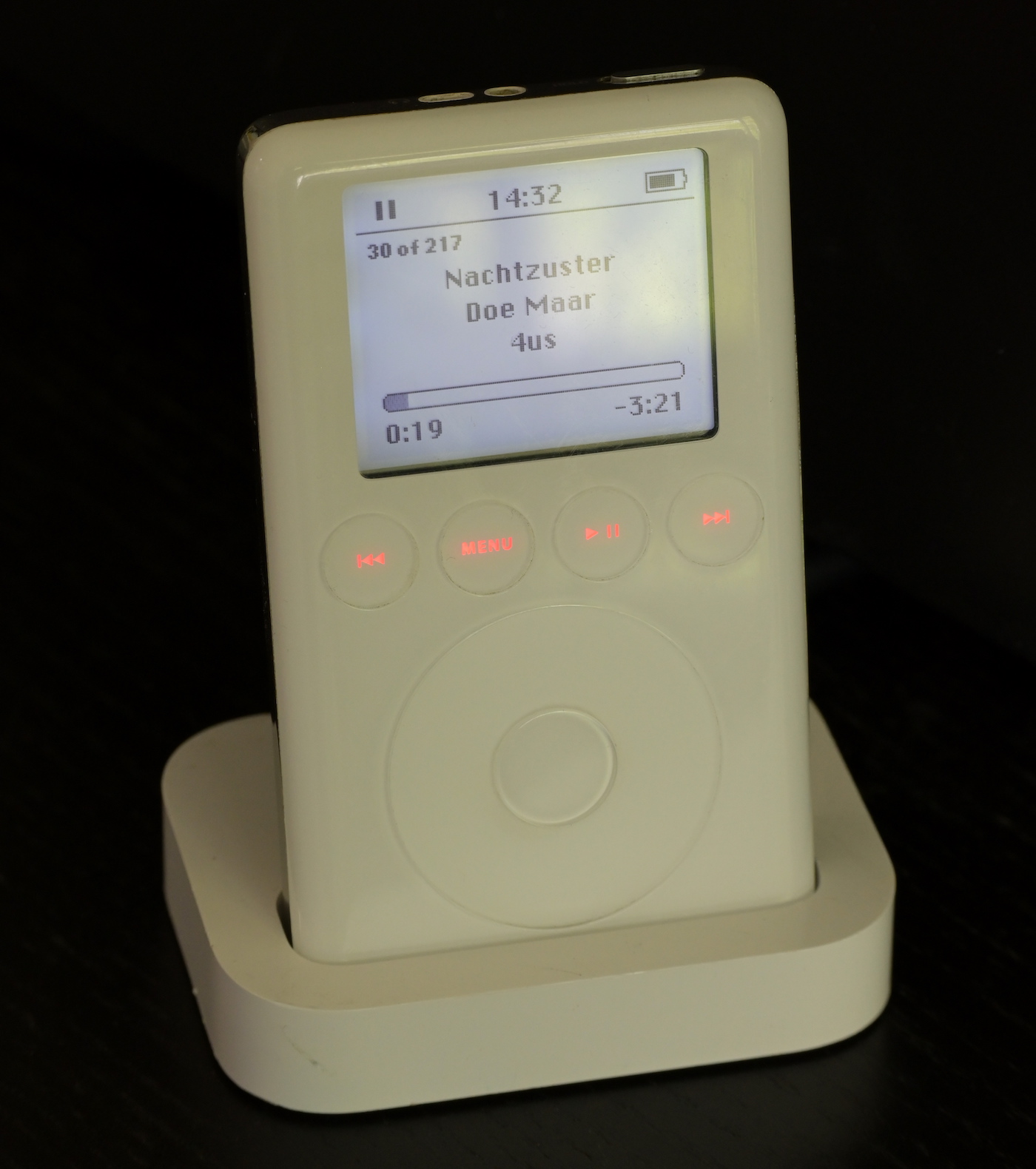
My later fifth generation iPod with 30 GB and a color screen that plays video has the click wheel, where the 12, 3, 6 and 9 o'clock positions of the wheel are also buttons, that works much better. Unlike the older one, it also supports podcasts. But it hasn't aged as well, with even less battery life even though I replaced the battery a decade ago, and the screen backlight has issues.
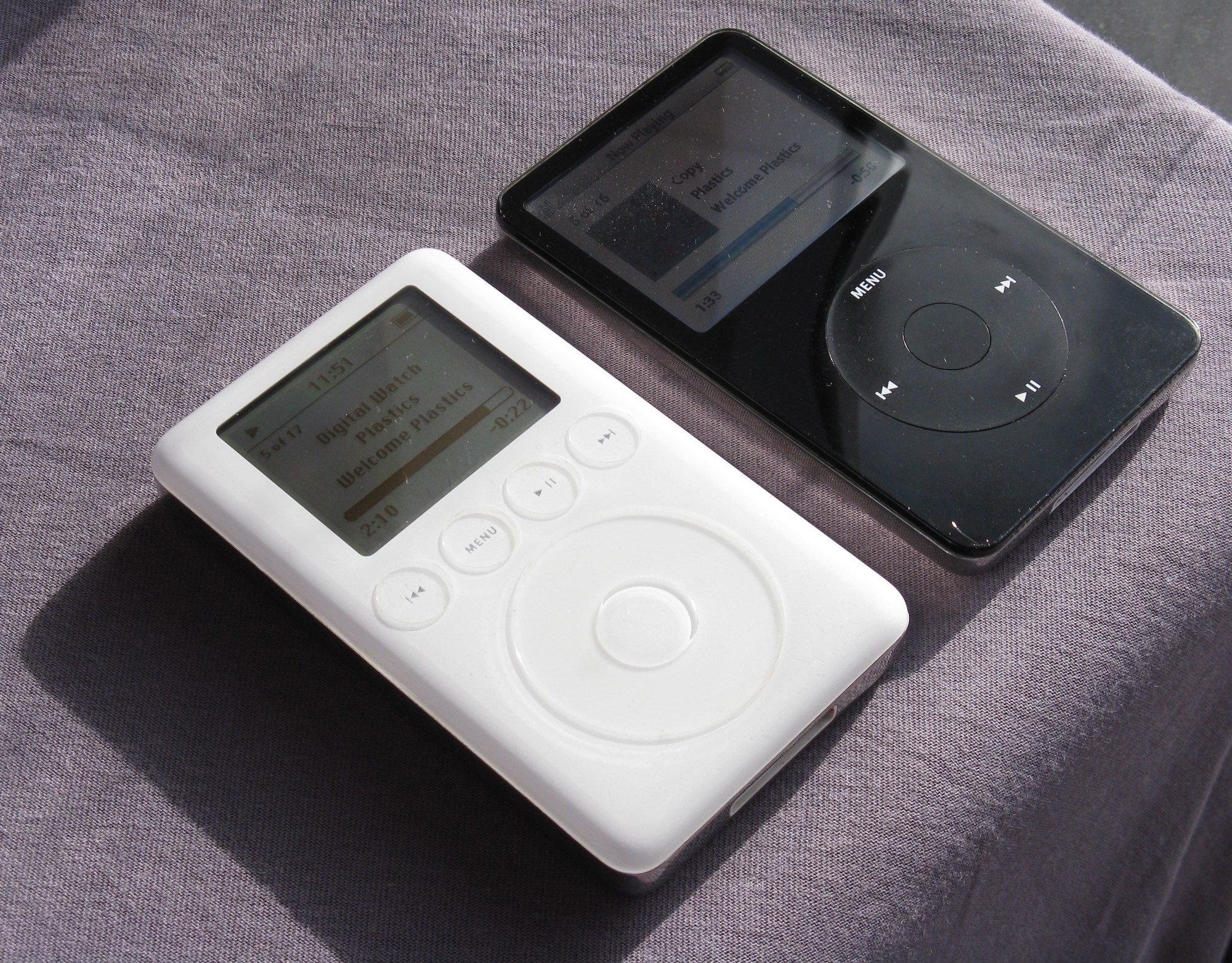
The 3rd gen iPod only syncs over Firewire or USB, but only charges over Firewire. The 5th gen iPod only syncs over USB, but charges over Firewire or USB. However, with the battery being in a very sorry state, USB + the battery combined don't deliver enough power to start the iPod up successfully. So I first have to charge it on Firewire and then it has enough juice to be synced over USB.
Anyway, I was very happy with my iPods from when I got my first one in 2003 until I got my first iPhone in 2008. Apple discontinued the iPod "classic" in 2014 and the iPod Nano in 2017. They kept the iPod Touch around until this week, but that's not really an iPod, it's an iPhone without the phone part.
Permalink - posted 2022-05-13

Image link - posted 2022-05-14
Anne Applebaum in The Atlantic:
Offering the Russian president a face-saving compromise will only enable future aggression.
Unfortunate but true, I'm afraid.
Read the article - posted 2022-05-29

Image link - posted 2022-06-03
The A500 Mini, the Logitech F710 and Attack of the PETSCII Robots: an excellent combination. So let me cover all three in a single review.
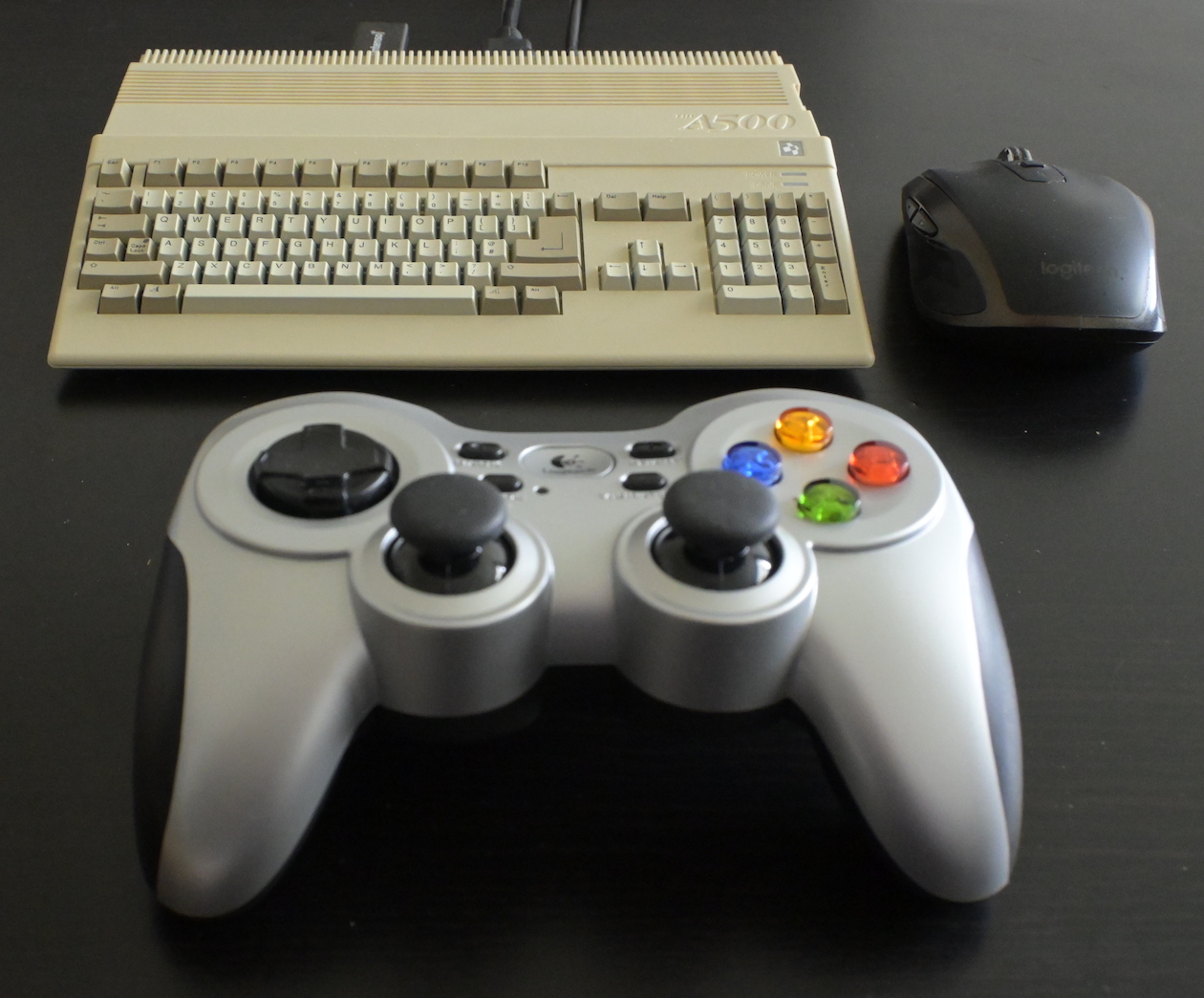
Ten years ago, on 6 June 2012, the Internet Society organized World IPv6 Launch. A year earlier, we'd had World IPv6 Day, where many (large) organizations added IPv6 addresses for their websites to the DNS for 24 hours, in order to see if that would create problems. That went mostly smoothly, with a few surprises, so a year later it was time to turn on IPv6 for real. Time for a blog post looking back on worldipv6launch.org.
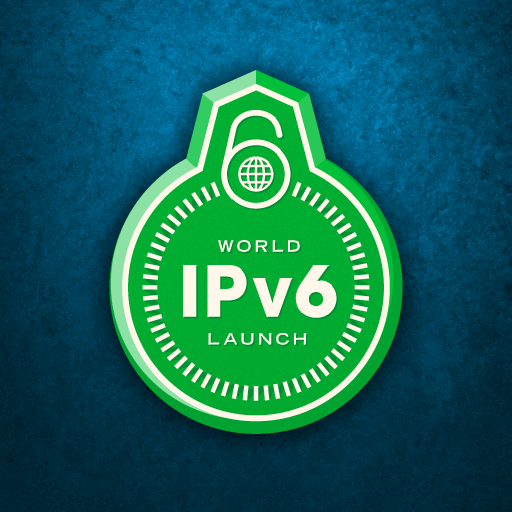
I thought this would be a good excuse to do what I've done with some regularity over the years: see how well things work when I turn off IPv4 on my home network.
Read the article - posted 2022-06-07

Image link - posted 2022-06-10
In this digital age, we still may want to shoot photos on film. But what type of film?
Or why film in the first place?
I think that last question will have a different answer for everyone. For me, it's the joy of seeing decades old machines do what they were built to do so cleanly. I can just pull the film advance lever and push the shutter on my Nikon FE time and time again, it never gets old. It's even better when there's film in the camera. Although of course then this starts to cost real money.
Read the article - posted 2022-06-19
For my training courses, I always check the current size of the IPv4 and IPv6 BGP tables over at the CIDR Report so I can tell the participants what table size capacity to look for when shopping for routers.
Currently, the IPv4 table is at 925k, readying itself for scaling the 1M summit late next year. The IPv6 table is 160k prefixes.
The IPv4 table grew at about 10% per year in the 2010s and 6% last year. At this rate, it'll be at 1.43 million at the beginning of 2030.
The IPv6 table, on the other hand, had been growing at some 31% per year between 2015 and 2020, but last year it grew 37%. At that rate, the IPv6 table will reach 1.7 million prefixes by 2030! Even at a somewhat slower growth rate of 34% the IPv6 table will overtake the IPv4 table before the decade is out.
Of course it's hard to predict 7.5 years into the future, but stranger things have happened.
Also, at this rate, you'll need a router that can handle more than 2 million prefixes five years from now. Which pretty much means that if you are buying a router today that has to be able to hold the full global IPv4 and IPv6 tables, it should already be able to handle more than 2M prefixes in order to have a five year economic lifespan.
Read the article - posted 2022-06-30
If you want to understand the chemical reactions at work during the processing of a film without going back to your school bench:
Read the article - posted 2022-07-01
If you shoot (or shot) photos on film, you'll probably want to scan that film in some way to get those photos on your computer. There are various ways to get that done. For reasons that I'll talk about later, I decided to have a go at scanning negatives using my digital camera recently.
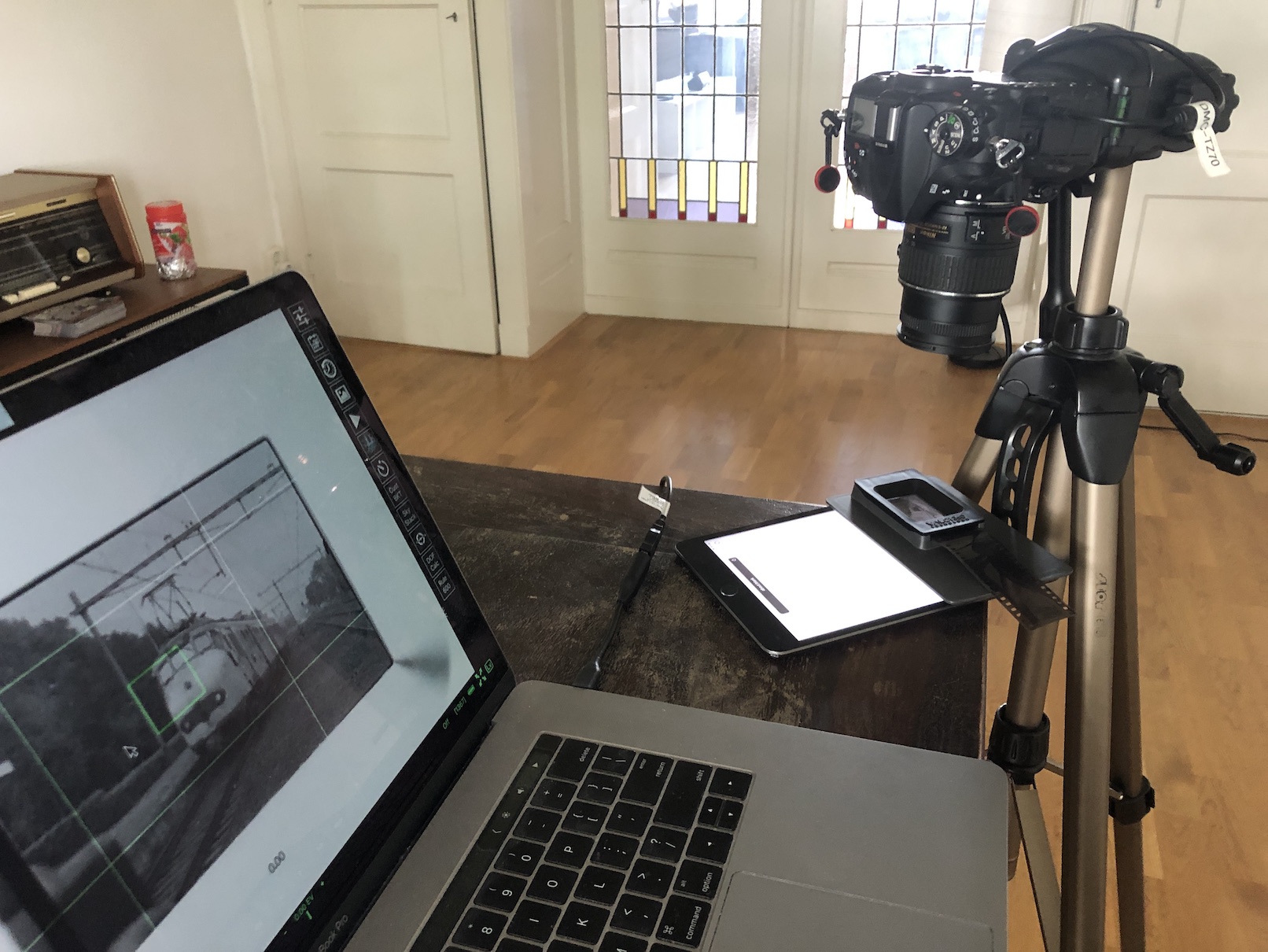
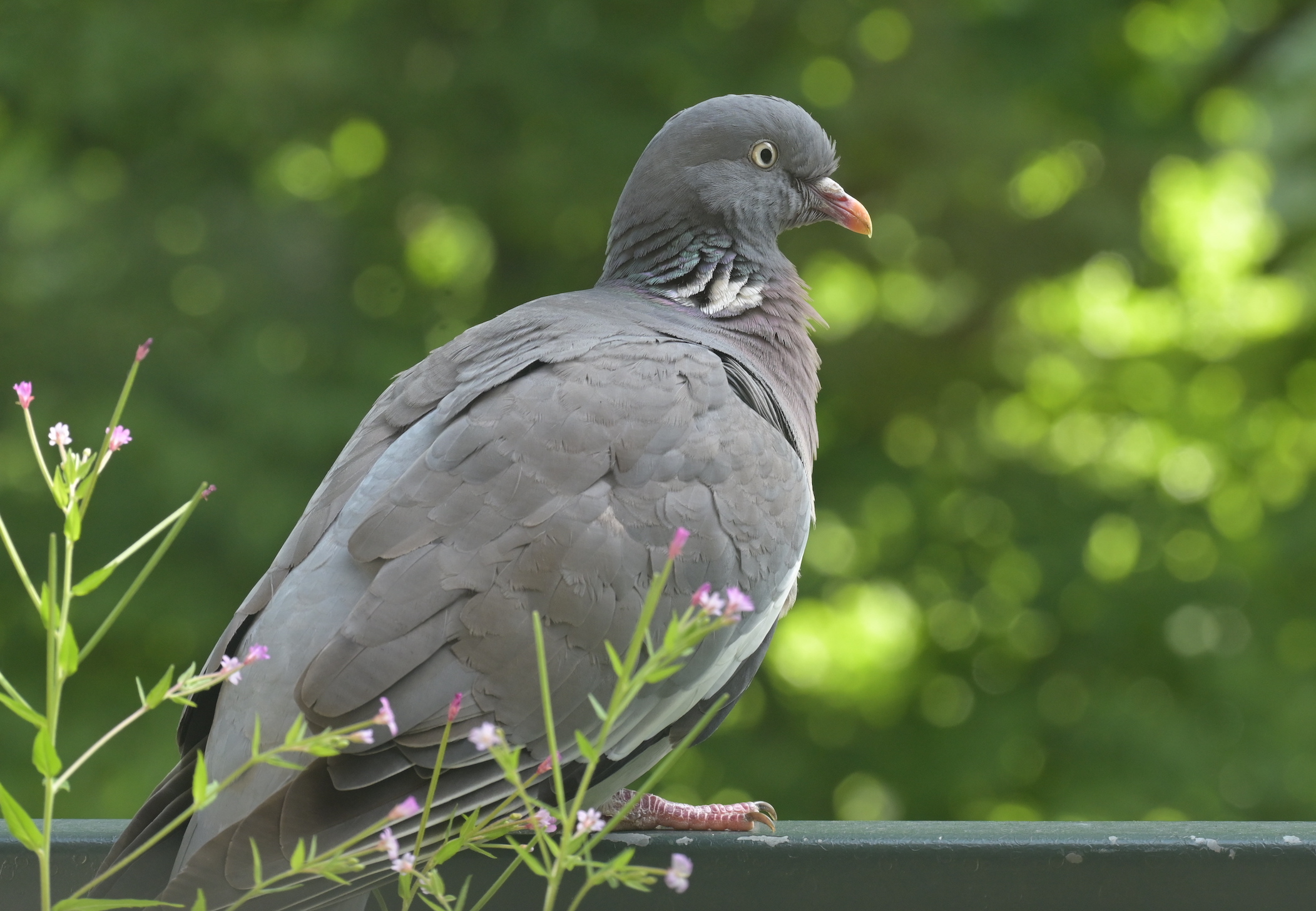
Image link - posted 2022-07-05
The other day, the Youtube algorithm served me up this video: Film Photography's Future is its Past | Cameras and Coffee with David Hancock. In it, David Hancock more or less adopts the premise of this article: Film Photography Is at a Crossroads Headed for Extinction: What It Would Take to Turn It Around and Why It Won’t Happen by James Madison.
Is the world running out of film cameras? Is it feasible to create new ones?
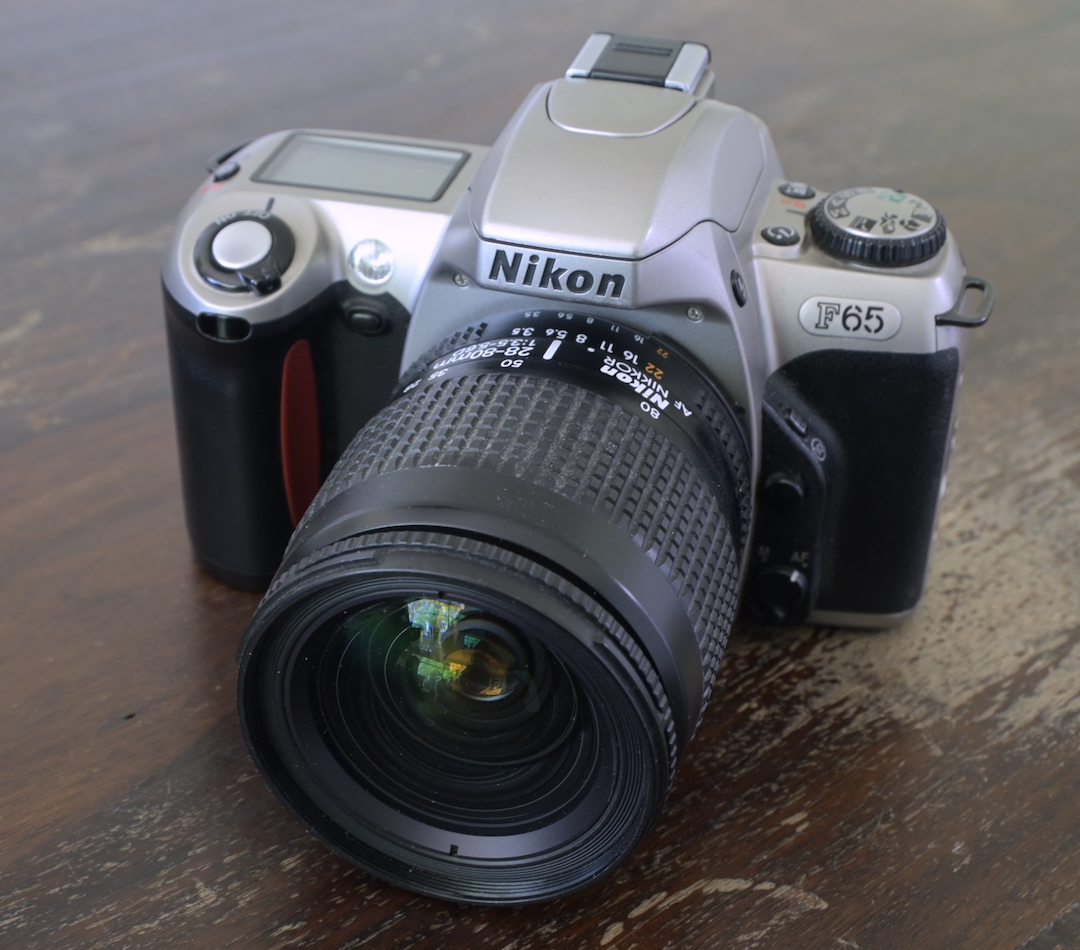
The idea behind the AppleTV 4K streaming puck is that you see your content in 4K. In the case of photos in the screensaver, that's not what you get. The AppleTV 4K, showing photos from my laptop using "home sharing" (no not iCloud photos):

When I play a slide show with the same images on my LG OLED TV, I get this:

These are photos taken of the TV image, of course zoomed in quite a lot, but if you're sitting close enough to the TV to be able to tell the difference between HD and 4K, the difference is pretty obvious.
What gives, Apple?
Permalink - posted 2022-07-11
Last year I got a new webcam, which led me to ask myself what color temperature setting for my Hue lightbulbs would work best with that camera. (Turns out: 4000K.)
But: how do you set your Hue lights to a certain color temperature? I didn't find a good solution for that. So I built my own!
Read the article - posted 2022-07-12
The Best Camera:
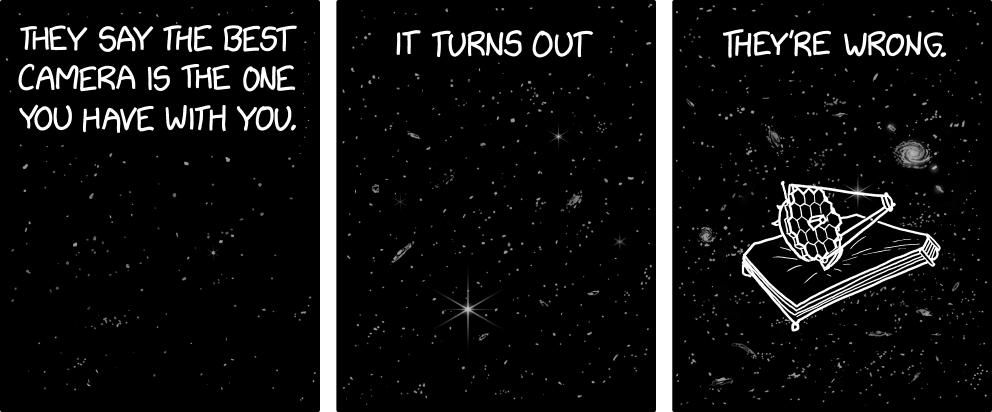
The tag line for World IPv6 Launch ten years ago was "the future is forever". You know what else seems to be forever? The past. Let's talk about IEEE 802 LLC/SNAP encapsulation.
I always thought when you send IP packets over Wi-Fi, the IP packet would go inside an Ethernet frame, and then the Ethernet frame inside an IEEE 802.11 frame. Turns out this is not how it works: ...
Read the article - posted 2022-07-21
We lost Olivia Newton-John... Back in 1980 she starred in a supremely weird and not very good movie, but with an amazing title song by ELO: Xanadu.
Permalink - posted 2022-08-08

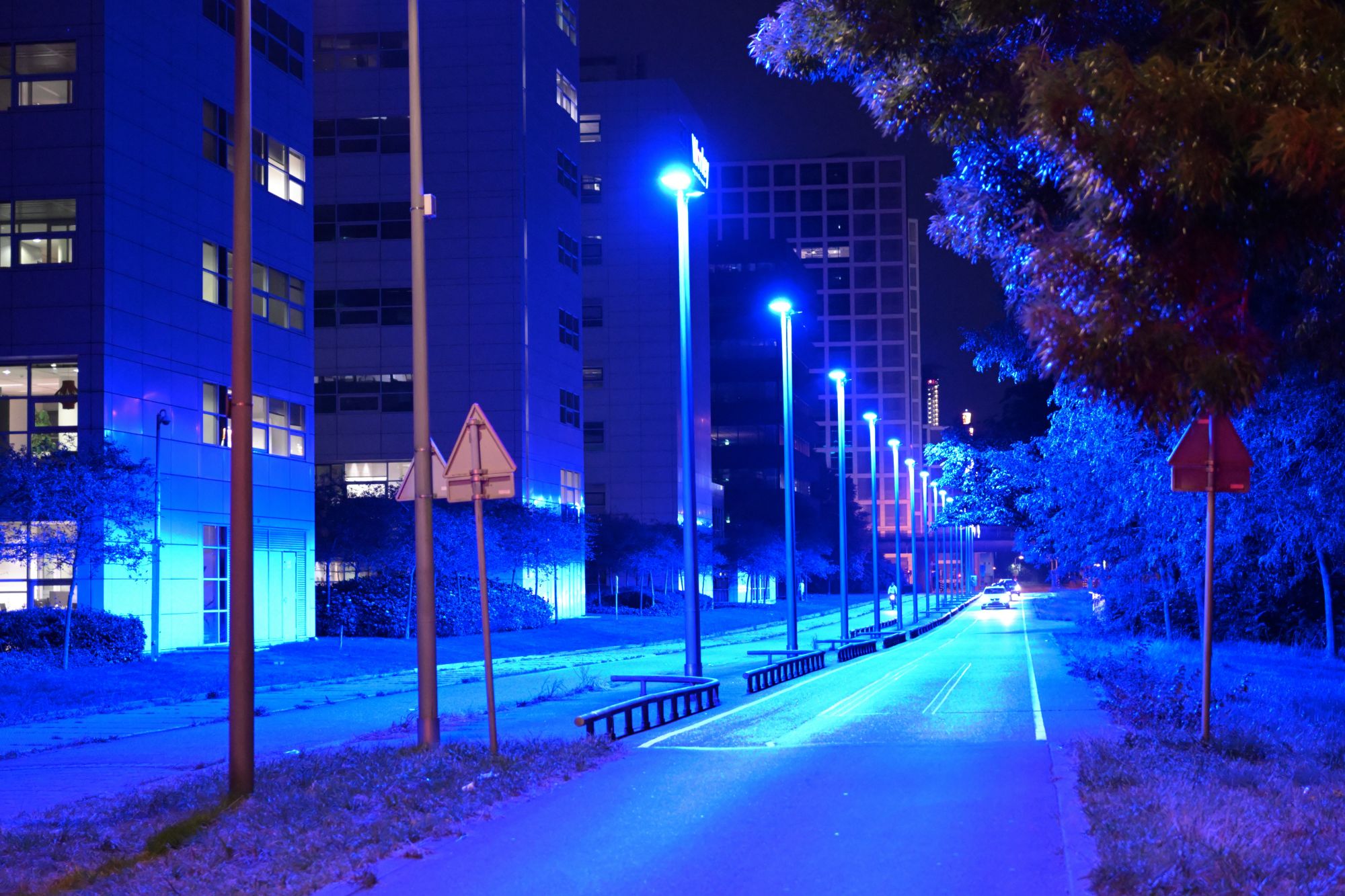

Image link - posted 2022-09-25
I've been telling people how to run BGP in their networks for many years, so it's high time I checked whether what I tell people gels with published best practices. So I typed "BGP best practices" in a Google search box... and got many pages with results. It took me two days to work through that.
But it turns out most of the search results are limited in some way: they only focus on one vendor, only on one small aspect of BGP, are outdated, or just not very good. However, there are four documents that I think deserve qualified recommendations, and one honorable mention:
It does have extensive guidance and examples on how to set everything up to accomplish these goals.
These days, most of us have devices that can shoot video. And that's no longer as simple as it was 25 years ago. Back then, if you lived in a "60 Hz" country such as the US, your video camera would shoot 30/60 frames per second. (See interlaced video on Wikipedia to understand why this is "30/60".) In parts of the world where the electrical grid runs at 50 Hz, such as Europe, our video cameras would use 25/50 Hz.
Because converting 24 frames per second film to 25 frames per second video is horrible (the image stutters once a second), in 50 Hz territories, film would be sped up to 25 FPS to show on TV or record on video tape or DVD.
These days, we all just watch Youtube where the video framerate can be 24, 25, 30, 50 or 60 FPS.
Most of us also have a video recording device in our pockets that usually supports at least several different framerates.
So... what's the best framerate?
Read the article - posted 2022-10-04
Vandaag is het wereld-trombosedag. Een trombose is een bloedstolsel in de bloedvaten. Eén van de resultaten van zo'n stolling is een longembolie. Die kan zomaar dodelijk aflopen, en volgens mij weten de meeste mensen niet hoe je de symptomen daarvan herkent. Simpel genoeg: zomaar uit het niets ben je buiten adem.
Dat overkwam mij bijna tien jaar geleden. Ik ging zomaar zwaar ademen en dacht dat er een giftig gas in de lucht zat. Dus ik belde de brandweer. De telefonist van 112 zei dat ik naar buiten moest gaan. Maar toen ik de trap afliep kreeg ik ineens helemaal geen lucht meer. Mijn conclusie: het gas zit in het trappenhuis. Ik kroop dus weer omhoog en deed het raam open om nog een beetje lucht naar binnen te krijgen.
De manier waarop de brandweer binnenkwam is nog een verhaal op zich. Maar hun meters vertelde ze al gauw dat er niks aan de hand was met de lucht. Ze hadden ook een ambulance meegenomen, maar zelfs met zuurstof kreeg ik nauwelijks adem. Dus: hulp van een trauma-arts met de traumahelikopter.
De trauma-arts kwam met behulp van een een draagbare ultrasone scanner snel tot een diagnose: longembolie. Dat betekent dat een stolsel dat zich in een ader in je been gevormd heeft losschiet en dan in je longen blijft steken. Dit blokkeert grotendeels de bloedtoevoer en daarmee de opname van zuurstof. Vandaar het gevoel dat je geen lucht krijgt.
Daarop diende ze een sterk antistollingsmiddel toe dat gelijk stollingen oplost. Binnen een kwartier kon ik weer normaal adem halen en voelde ik me eigenlijk weer prima. Dit is echter wel een paardenmiddel, want alles wat de afgelopen Vanwege het gevaar op nog meer losschietende stolsel moest ik mee naar het ziekenhuis. Drie dagen later kon ik weer naar huis. De
Permalink - posted 2022-10-13

Image link - posted 2022-10-17
In an infinite universe, everything that's possible does in fact exist. I've long held the position that the internet is pretty much an infinite universe.
So of course a Youtube video where someone created an accordion-like instrument consisting of two C64s with bellows made out of 5¼" floppy disks playing Scott Joplin ragtime classics does exist on the internet. Enjoy!
Permalink - posted 2022-10-23

Image link - posted 2022-10-28
Back in the 1990s, I used Cisco routers. Mostly rather underpowered ones such as the Cisco 2500 series. I later started using the Zebra and then Quagga routing software for the lab part of my training courses.
However, like Zebra before it, Quagga also ran out of steam but was forked by people (and companies) who saw value in the software. The Quagga fork is Free Range Routing a.k.a. FRRouting a.k.a. FRR.
As I was writing my new BGP book, I made configuration examples in Quagga. But about two thirds in, I decided to switch to FRRouting.
Read the article - posted 2022-11-02
The Asia-Africa-Europe-1 Internet cable travels 15,500 miles along the seafloor, connecting Hong Kong to Marseille, France. As it snakes through the South China Sea and toward Europe, the cable helps provide Internet connections to more than a dozen countries, from India to Greece. When the cable was cut on June 7, millions of people were plunged offline and faced temporary Internet blackouts.The cable, also known as AAE-1, was severed where it briefly passes across land through Egypt. One other cable was also damaged in the incident, with the cause of the damage unknown.
Interesting article about how Egypt is a choke point for undersea cables between Europe and Asia (and eastern Africa).
Read the article - posted 2022-11-03
When I wrote my first BGP book I painstakingly made the config examples on actual Cisco routers. In my opinion, it's crucial to make sure that configuration examples that go in a book actually work.
So when I started writing my new BGP book, I did the same. But this time, I used open source routing software (FRRouting) running in Docker containers. Basically, those containers are very light-weight virtual machines.
This makes it possible to run a dozen virtual routers that start up and shut down in just a few seconds. So it's very easy to run different examples by starting the required virtual routers with the configuration for that example.
This was super useful when I was writing the book.
So I thought it would also be very useful for people reading the book.
So I'm making the "BGP minilab" with all the config examples from the book available to my readers. Download version 2022-11 of the minilab that goes with the first version of the book here.
You can also run the examples in the minilab if you don't have the book. And you can create your own labs based on these scripts.
The minilab consist of four scripts:
There are Mac/Linux shell script and Windows Powershell versions of each script.
Permalink - posted 2022-11-11

The book is now available through Amazon in Kindle format, Apple Books in EPUB format and the Google Play Store in PDF and EPUB formats. The price is US$ 9.99 or € 9.99 (or similar in other currencies).
Read the article - posted 2022-11-18
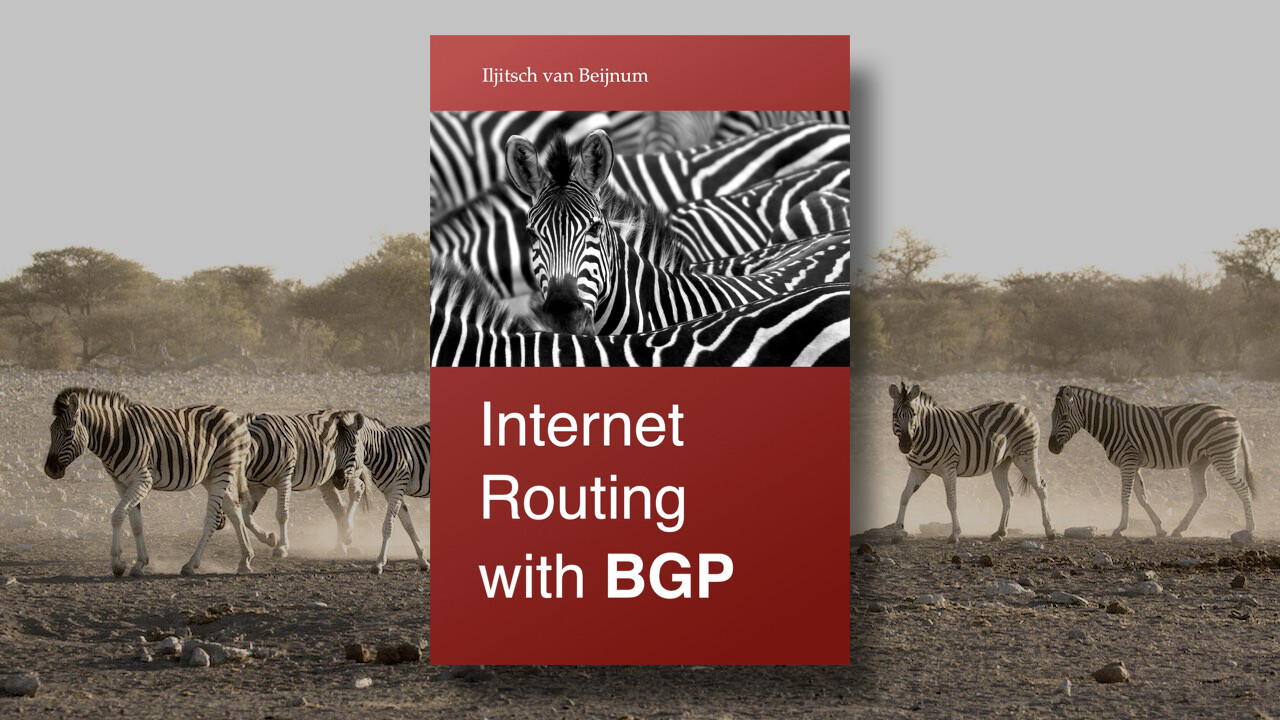
I did it again... I wrote another book.
20 years ago O'Reilly published my first book, titled simply “BGP”. My goal with that book was to write the book that I would have liked to have read when I started my journey with the Border Gateway Protocol, the internet's routing protocol.
Although amazingly, we still use the same version 4 of the BGP protocol as in 1994, a lot has changed. As updating my previous book was not in the cards, I decided to write a completely new book about BGP. It's called “Internet Routing with BGP” and it's now available as an e-book. See the end of the article for details and links.
Read the article - posted 2022-11-18
Interesting blog post on the APNIC blog by Doug Madory:
On 17 August 2022, an attacker was able to steal approximately USD 235,000 in cryptocurrency by employing a BGP hijack against the Celer Bridge, a service that allows users to convert between cryptocurrencies.In this blog post, I discuss this and previous infrastructure attacks against cryptocurrency services. While these episodes revolve around the theft of cryptocurrency, the underlying attacks hold lessons for securing the BGP routing of any organization that conducts business on the Internet.
Using BGP to steal cryptocurrency is happening with some regularity now...
The important lesson comes at the end: Amazon shouldn't have RPKI ROAs for a /10 and a /11 with a maximum prefix limit of /24.
This way, the attacker, thanks to an ISP that didn't properly filter its customer's BGP announcements, was able to advertise a /24 out of Amazon's address space and have that announcement be labeled "valid" by RPKI route origin validation.
Amazon advertises a /11, and if the maximum prefix length in the ROA for that /11 had been just /11, the attacker wouldn't have been able to "shoplift" just that /24, but they'd have to go head-to-head against Amazon for that entire /11. That would have had a much lower chance of success and much higher chance of being noticed quickly.
(Shameless plug: if all that RPKI and ROA talk is gibberish to you, my new BGP e-book has a section on what RPKI is and how it works.)
Read the article - posted 2022-11-24
Recently, a few podcasts that I listen to talked about smart home technology. We also got the release of new smart home standards Thread and Matter. So I want to look at what smart home options have worked for me, and see if it's possible to draw any conclusions about what could work for most people. (As in: who don't enjoy tinkering with tech for its own sake.)
Read the article - posted 2022-11-27
I just saw a Youtube video kind of reviewing the new Thread smart home communication protocol. I'm not linking to it because it attributed a bunch of things to Thread that are Matter, unless I'm very much mistaken. (And the latter is certainly possible. Do your own research before buying new stuff.)

Matter is the new IP-based system that lets a smart home "ecosystems" such as Amazon Alexa, Google Home, Apple HomeKit and Samsung SmartThings talk to smart home accessories. Matter has two big advantages. The first one is that you're no longer locked into a single ecosystem or a limited number of ecosystems. Every ecosystem that supports Matter can control accessories that use Matter. Even better, multiple ecosystems can control the same accessories.
![]()
Thread, on the other hand, is simply a wireless protocol for talking to smart home accessories.
Read the article - posted 2022-12-03
In the thorough style we've come to expect from him, Geoff Huston tries to answer the question Is Secured Routing a Market Failure? Please read about the market aspect (and the limitations imposed on the IETF by big router vendors) in that article. His final conclusion is broader, through:
But mostly it's a failure because it does not deliver. Security solutions that offer only a thin veneer of the appearance of improvement while offering little in the way of improved defence against determined attack are perhaps worse than a placebo.Read the article - posted 2022-12-13
It happened again: I look at my bicycle handlebars to see how fast I'm going, but my bicycle computer was gone. This happens to me every three to four years. A goot moment to reconsider what information I really need during and after cycling.
So let's talk about bluetooth and ANT+ bike speed sensors and Sigma Sport ATS and STS bike computers.
Read the article - posted 2022-12-20
Having trouble pinging or tracerouting your Mac?
That's because Apple's default is now to have the firewall "stealth mode" activated. That means your Mac doesn't respond to stuff like pings. If that's not what you want, simply uncheck that box in the firewall pane of the System Settings:
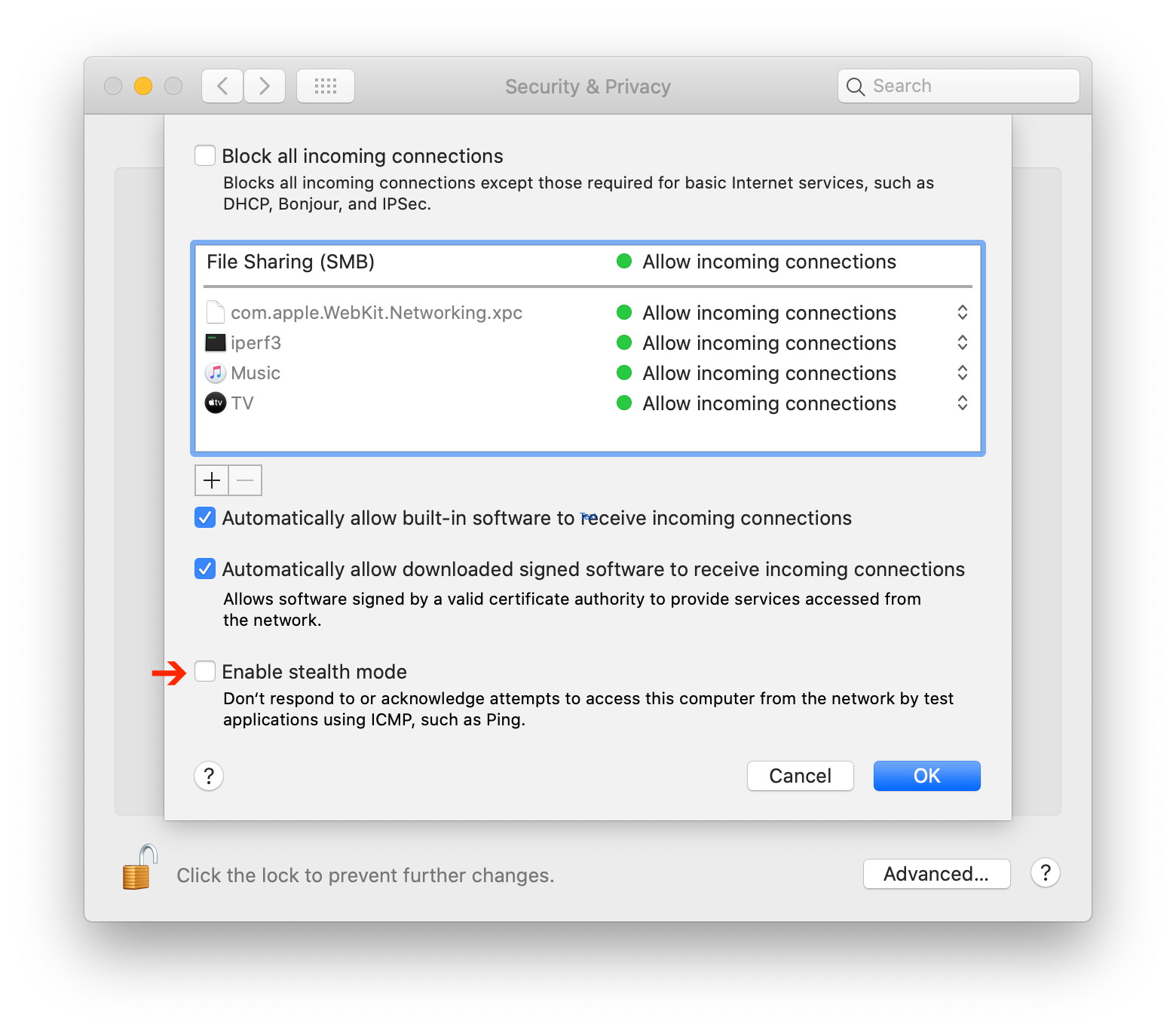

Image link - posted 2022-12-30